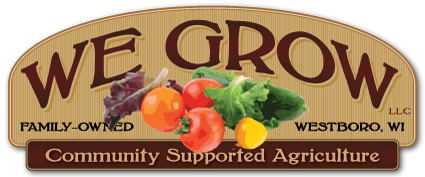
Food is Thy Medicine
Selling our produce direct to consumer, we have the pleasure of speaking face-to-face with just about every one of our customers. Some folks only give us a bit of small talk and others dive into their entire health history. It happens suddenly when a patron finds out that we grow using organic methods. Suddenly the farmer behind the table is much more than just a farmer, we are health conscious farmers. Perhaps farmers with some knowledge of nutrition and its effects on human health and quality of life. Clearly we care about our own health and yours enough to offer a clean product.
Butternut Squash
Green Cabbage
Broccoli
Mixed Onions
Apples
Green Tomatoes
Shishito or Cayenne Peppers
Swiss Chard
Lettuce
Basil
Celery (larges)
Radishes (larges)
This is the point at which our deep-diving customers decide to open up and tell us why they are choosing to buy our food. We have learned about illnesses of every sort over the past five years. Some we had never heard of like diverticulosis, which makes it painful to eat anything with tiny seeds. We’ve learned about dangerous drug interactions like vitamin K in the cabbage family when someone is taking blood thinners. Who knew?! Apparently one of our customers has been fighting cancer for decades with garlic infusions, baking soda and trips to Mexico for traditional medical treatment not available in the United States. It is all incredibly interesting to us both and we enjoy hearing and learning from each person’s experience as they rethink health care.
It has become clear over the past few seasons our customers have taken the phrase “know your farmer, know your food” to a whole new level. When we first printed this phrase on our brochure, we thought people were going to get to know us, better understand our farming methods and trust our food and us. Little did we know it would be the other way around, the farmers getting to know the customers. We are beginning to feel like a part of their health team as they share their stories and search to alleviate the symptoms of their ailments. People are starting to recognize the power of healthy eating. They acknowledge that the first step toward lowering health costs is to rethink their diet as preventative health care.
Yours in the field,
![]()
